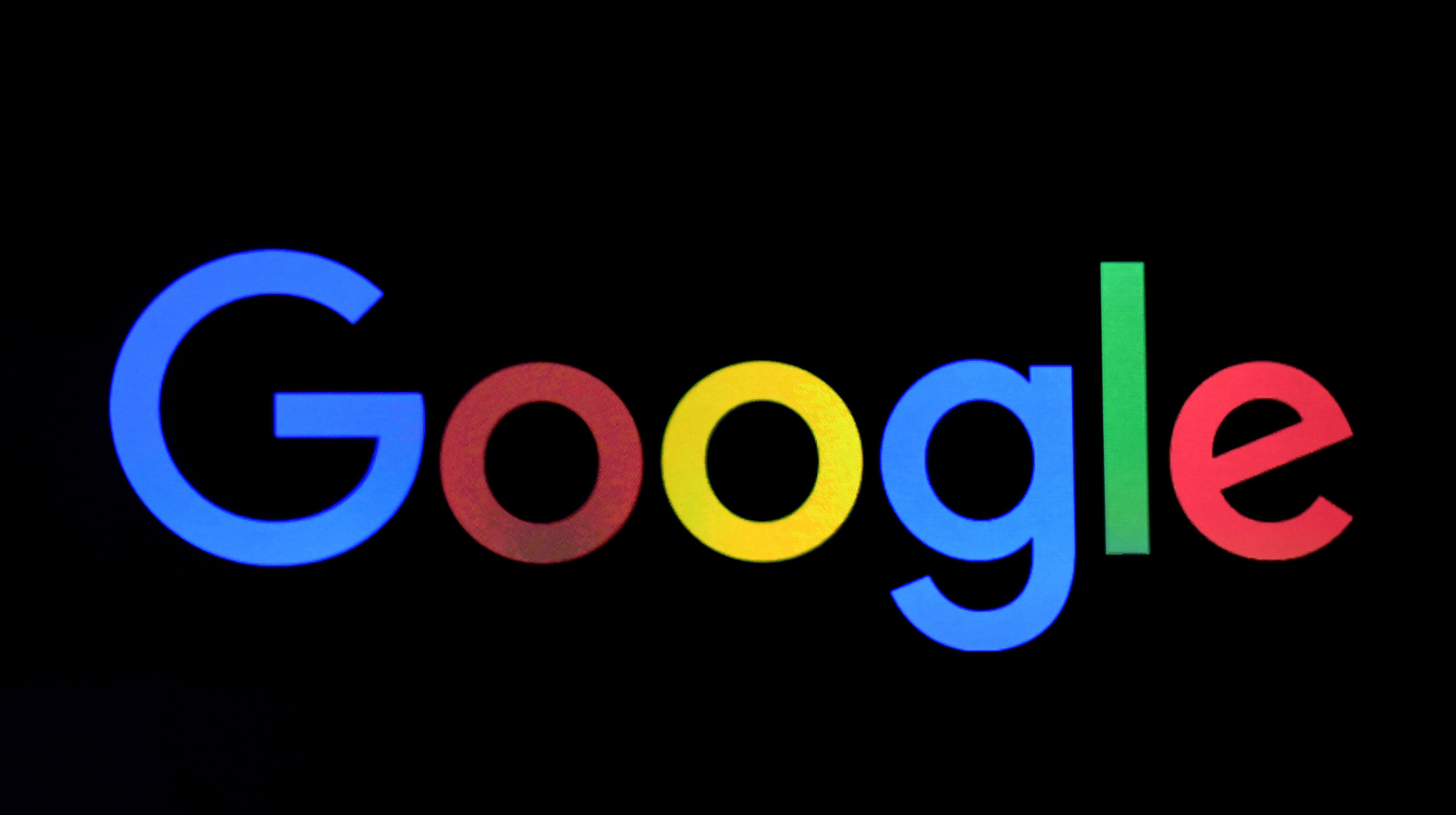Are big brands funding terrorism and fake news?
Ads for the likes of Mercedes-Benz, Waitrose and Marie Curie are raising money for extremist groups, says report

A free daily email with the biggest news stories of the day – and the best features from TheWeek.com
You are now subscribed
Your newsletter sign-up was successful
Some of the world's biggest brands, companies and charities could be inadvertently funding terror groups from their advertising budgets.
Analysis by The Times of online extremist content suggests blacklists designed to prevent digital adverts from appearing next to certain content are not working.
Promotions for hundreds of large companies, universities and charities, including Mercedes-Benz, Waitrose and Marie Curie, appear "on hate sites and beside YouTube videos created by supporters of terrorist groups such as Islamic State and Combat 18, a violent pro-Nazi faction", says the paper.
The Week
Escape your echo chamber. Get the facts behind the news, plus analysis from multiple perspectives.

Sign up for The Week's Free Newsletters
From our morning news briefing to a weekly Good News Newsletter, get the best of The Week delivered directly to your inbox.
From our morning news briefing to a weekly Good News Newsletter, get the best of The Week delivered directly to your inbox.
It adds that the practice "is likely to generate tens of thousands of dollars a month for extremists".
It's not just terrorism, neither: the paper has found advertising similarly placed against online pornography, as well as taxpayer and publicly funded bodies advertising on fake news websites.
An ad next to a YouTube video "typically earns whoever posted the video $7.60 (£6) for every 1,000 views". Some of the most popular extremist videos "have more than one million hits".
Which brands are involved?
A free daily email with the biggest news stories of the day – and the best features from TheWeek.com
The Times highlights an advert by car firm Mercedes which appeared on a pro-IS video on YouTube and was viewed 115,000 times.
Sandals Resorts, the luxury holiday operator, is advertised next to a video promoting al-Shabaab, the East African jihadist group affiliated to al-Qaeda, while adverts for Honda, Halifax, the Victoria & Albert Museum, Liverpool University, Argos, Churchill Retirement, Waitrose, Lloyds Bank, John Lewis, Disney and Marie Curie, among others, appear against a range of websites linked to Islamic extremists and far-right groups.
Commercials for government-funded programmes such as the International Citizen Service, which is paid for out of the foreign aid budget, and publicly funded bodies including Save The Children, the National Theatre and Liverpool University appear next to fake content, adds the paper.
Why are the brands advertising on the sites?
It's not deliberate. Companies, mostly through large agencies, are buying increasing numbers of online advertising each year, some of which is purchased through systems run by Google, among others.
Such advertising is placed "programmatically", which means it is automatically assigned by algorithms "in the milliseconds" it takes a page to load based on things such as the browsing history of the person viewing the page.
Many agencies' programmatic divisions "apply mark-ups to digital commercials without the brands’ knowledge" and a portion of the money paid can end up in the pockets of the owners of the content.
Blacklists are meant to stop adverts from appearing against certain content, while the likes of YouTube are supposed to police content and take down inappropriate material.
What has been the reaction?
Mostly, the brands insist they have had no awareness of adverts appearing on these sites and have hit out at the companies managing the process, including the agencies and Google, which owns YouTube.
Marc Pritchard, chief brand officer at Procter & Gamble, the world’s biggest advertiser, warned last week: "We have a media supply chain which is murky at best and fraudulent at worst. We need to clean it up."
Last night, MPs called on Google to explain why extremists were making money from advertising on YouTube.
Labour's Chuka Umunna, a member of the home affairs select committee, said: "This is deeply disturbing. There is no doubt the social media companies could be doing far more to prevent the spread of extremist content."
A Google spokesperson said: "When it comes to content on YouTube, we remove flagged videos that break our rules and have a zero tolerance policy for content that incites violence or hatred."
-
 The ‘ravenous’ demand for Cornish minerals
The ‘ravenous’ demand for Cornish mineralsUnder the Radar Growing need for critical minerals to power tech has intensified ‘appetite’ for lithium, which could be a ‘huge boon’ for local economy
-
 Why are election experts taking Trump’s midterm threats seriously?
Why are election experts taking Trump’s midterm threats seriously?IN THE SPOTLIGHT As the president muses about polling place deployments and a centralized electoral system aimed at one-party control, lawmakers are taking this administration at its word
-
 ‘Restaurateurs have become millionaires’
‘Restaurateurs have become millionaires’Instant Opinion Opinion, comment and editorials of the day